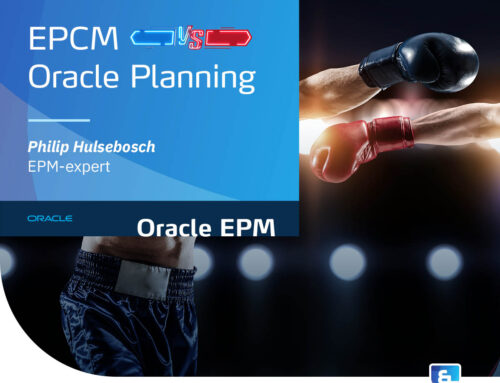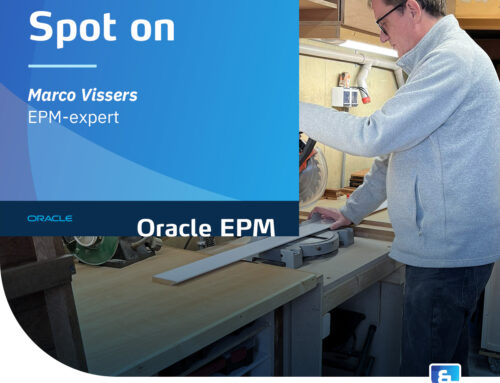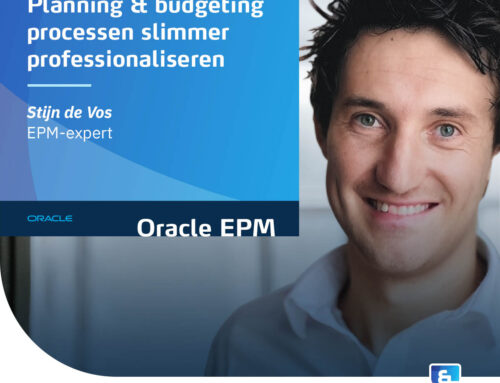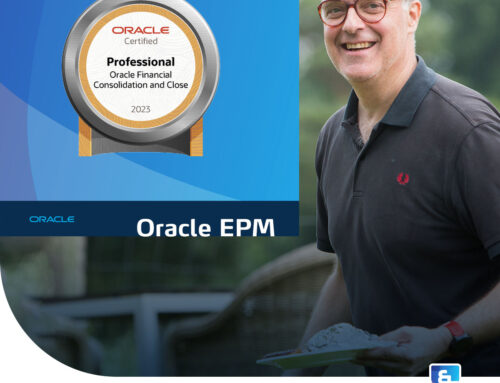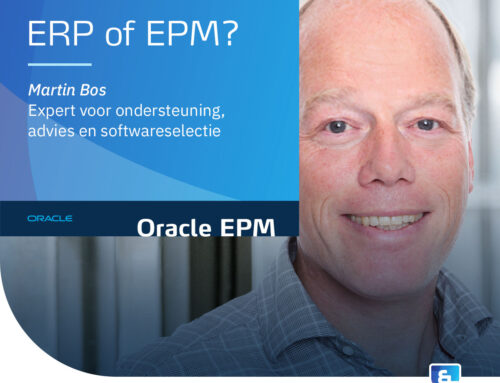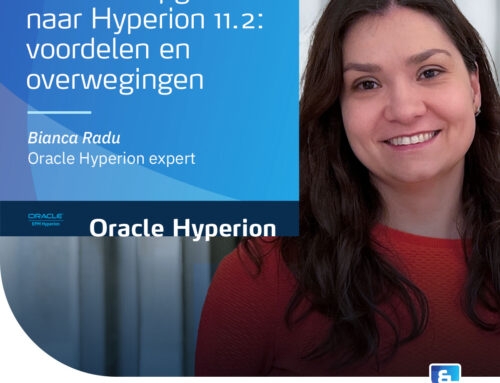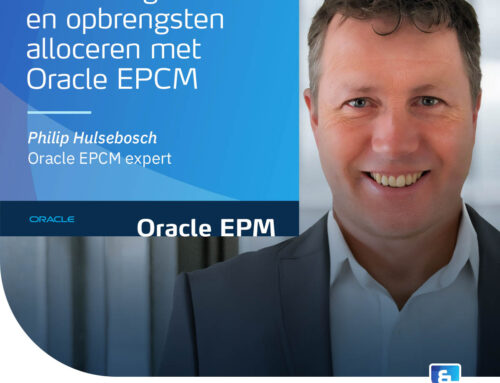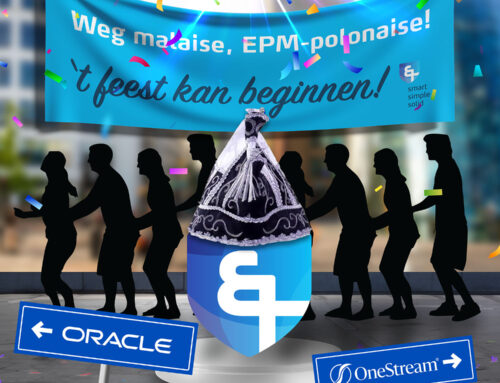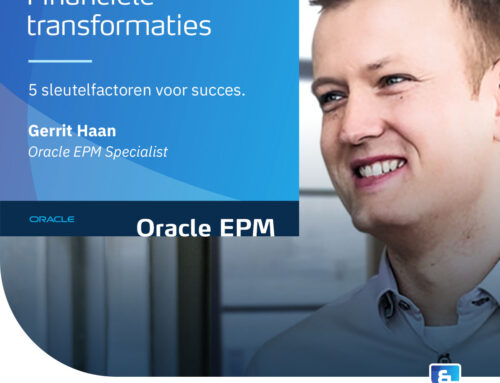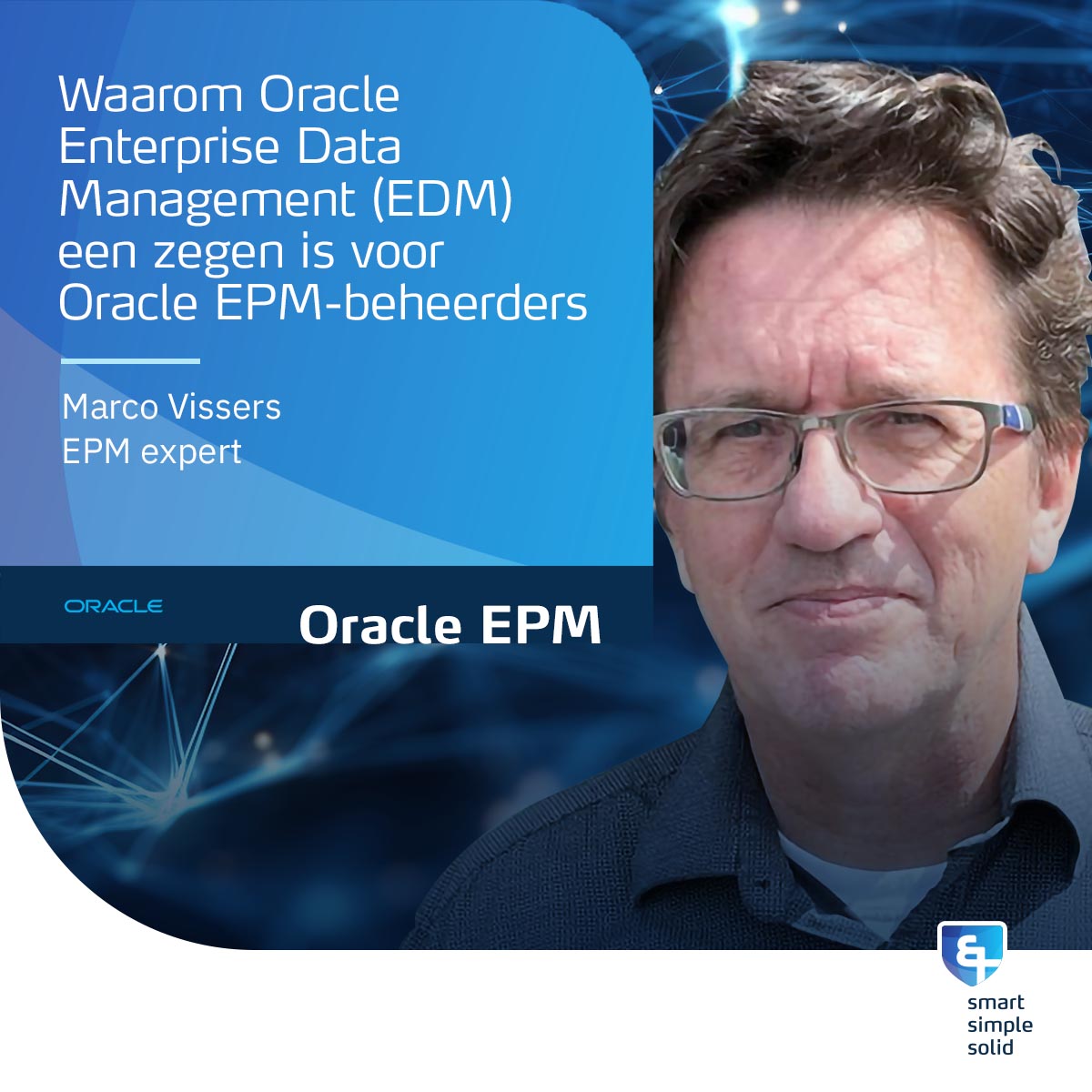
Why Oracle Enterprise Data Management (EDM) is a boon for Oracle EPMadministrators7Minutes estimated reading time
Oracle EDM (Enterprise Data Management) is a tool within the Oracle EPM suite that you don't want to miss as an Oracle EPM administrator. In this article, I'll explain why Oracle EDM is the key to Oracle EPM perfection. And how the tool helps you avoid the most common master data problems.
Oracle EDM and the Oracle EPM Cloud suite
EPM software helps you analyze your business operations, gain more insight and create better reports. To achieve this, Oracle offers several tools in their Enterprise Performance Management Cloud suite:
- Financial Consolidation & Close
- Planning
- Account Reconciliation
- Profitability and Cost Management
- Tax Reporting
- Narrative Reporting
And then there is Oracle's Enterprise Data Management solution. It's part of the suite for a reason.
The role of master data
All EPM tools in the suite have one thing in common: they are driven by master data. Think of data related to the CoA (Chart of Accounts) or to legal, geographical or business organizational structures. But you can also think of cost center structures and even employees.
Each tool needs a number of collections of master data, depending on the purpose of the application and the needs for reporting and analysis. Often the same collections or structures occur in multiple tools/applications.
Not only does EPM software use master data, but so do other tools such as an ERP system.
All of this master data can undergo changes that may need to be reflected in multiple tools. Does that always go well? Unfortunately, no. Part of that is in the way you work.
Why mutations often go wrong
Many companies have a consultation structure in which requests from the business are discussed. These requests often come in via e-mails, Excel files, and so on. Usually only the administrators of the various applications are involved in these consultations and not the business owners themselves. This can lead to the first problem: interpretation of the request.
After all the requests are discussed, the administrators split up, creating the second problem: scheduling. The administrators all have their own priorities.
Problems arise when pressure increases
The potential consequences of the above problems loom especially large when the pressure increases. The moment the different applications start talking to each other, it turns out that they do not speak the same language.
How often does it happen that while submitting data you discover that yet another new account has been added to the ERP system? What to do next?
We see that sometimes a (temporary) mapping is made to an existing account. Or a last-minute account is added in the consolidation, with all the risks that entails.
The problem is often compounded when data has already been loaded into the application and it turns out that the attributes of entities, for example, are incorrect. It is then often impossible to correct this, leaving this incorrect entity in the application forever.
Oracle EDM: the solution for data management
This is precisely why EDM has been added to the Oracle EPM Cloud suite. Enterprise Data Management ensures that requests from the business - entered into the tool itself - are processed directly and at the right time in the right applications, with the expected quality.
The attributes can be added by the application administrators or even set automatically by EDM based on rules. Well before data is delivered, the master data is distributed to the applications.
Additional benefit Oracle EDM
There is even an added benefit of maintaining master data in a central application. Master data that appear in multiple applications, but are labeled differently for different reasons, can now be linked together. This then results in a mapping table that is distributed simultaneously.
Oracle EDM: starting big or small?
Even if you only use one Oracle EPM tool, EDM can offer advantages. If at any time you want to deploy a second module, you already have the structures of the first module at your disposal. If these now also need to be included (in part) in the new application, you already have a good starting point. Why reinvent the wheel?
Roughly speaking, there are two ways to deploy EDM. The first is as a central hub for all financial master data. The second way is as a follower of the application in which the data originates first, often the ERP system or a sales system. Whichever method you choose, you are now on your way to Oracle EPM perfection. Isn't that a wonderful feeling?
Want to know more about Oracle EDM?
Do you have questions or comments in response to this article? If so, please send an email to marco.vissers@bart-partners.com.
About the author
Marco Vissers is an EPM expert and specialist in (master) data management with 20+ years of experience. With his technical background and functional experience, Marco is the connection between finance and IT.

